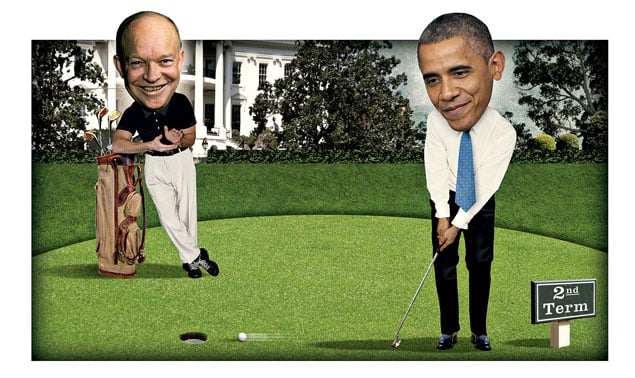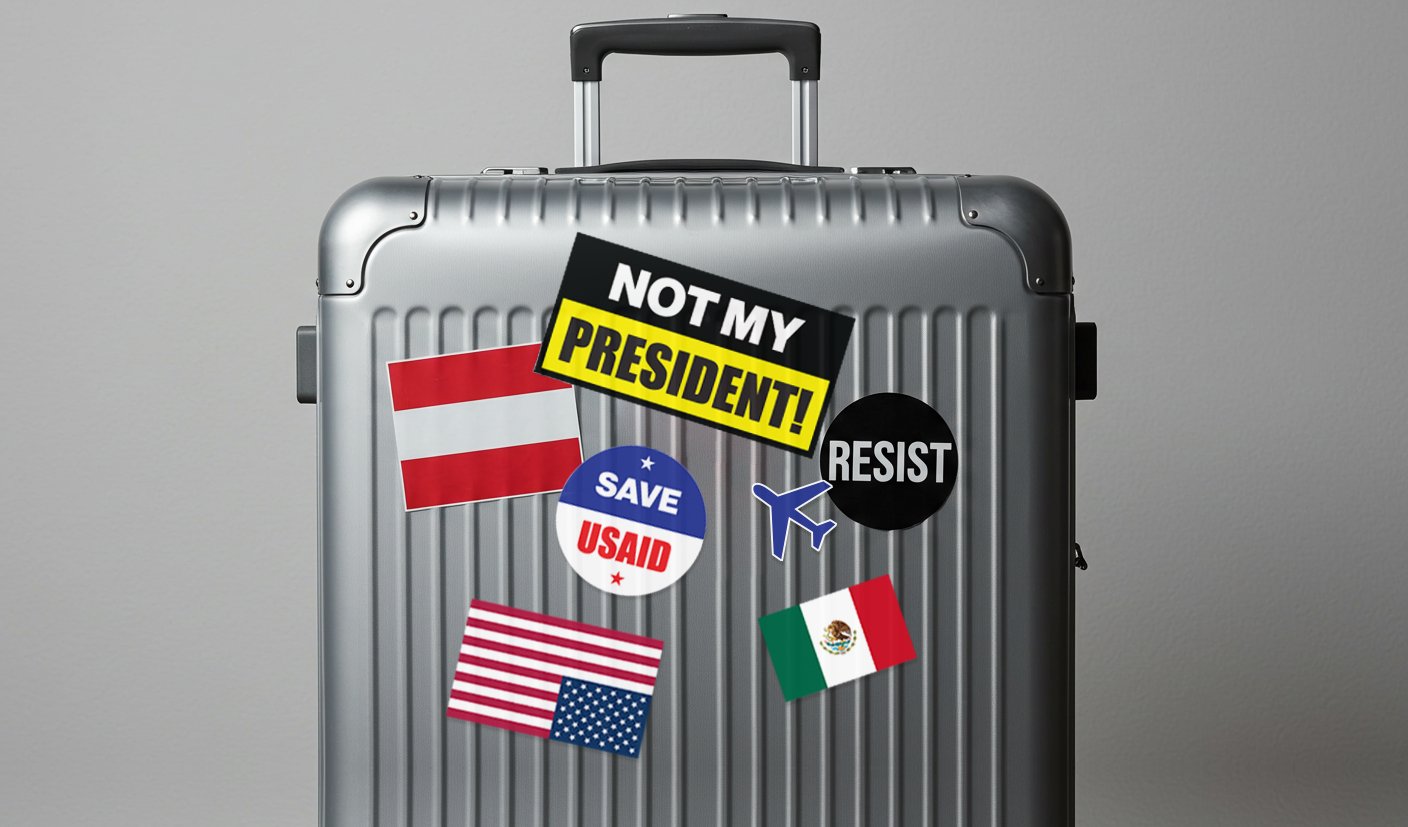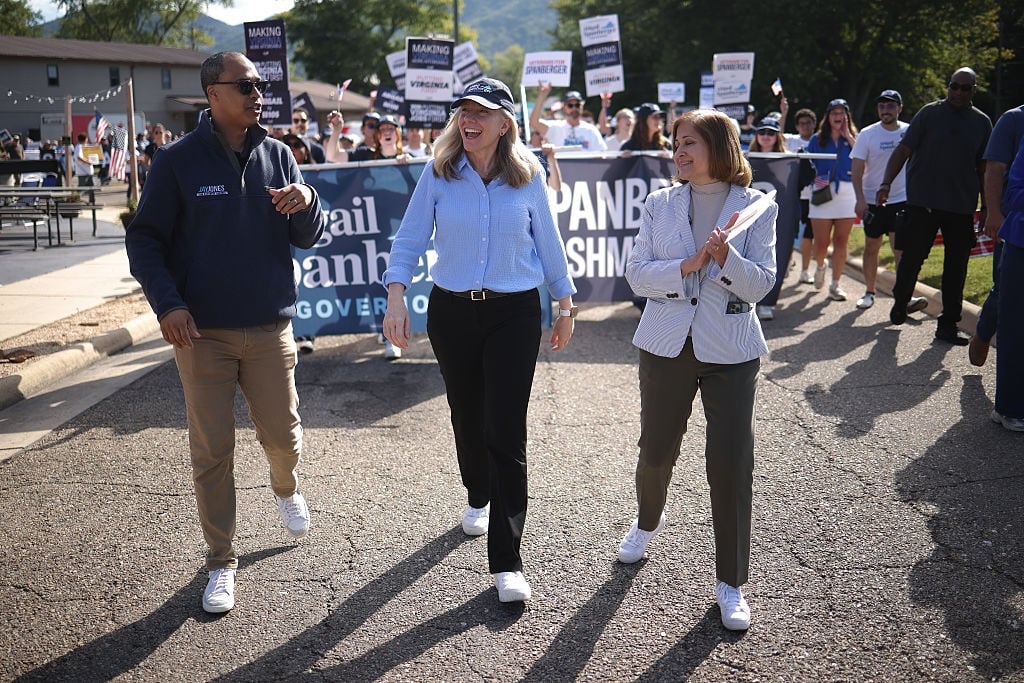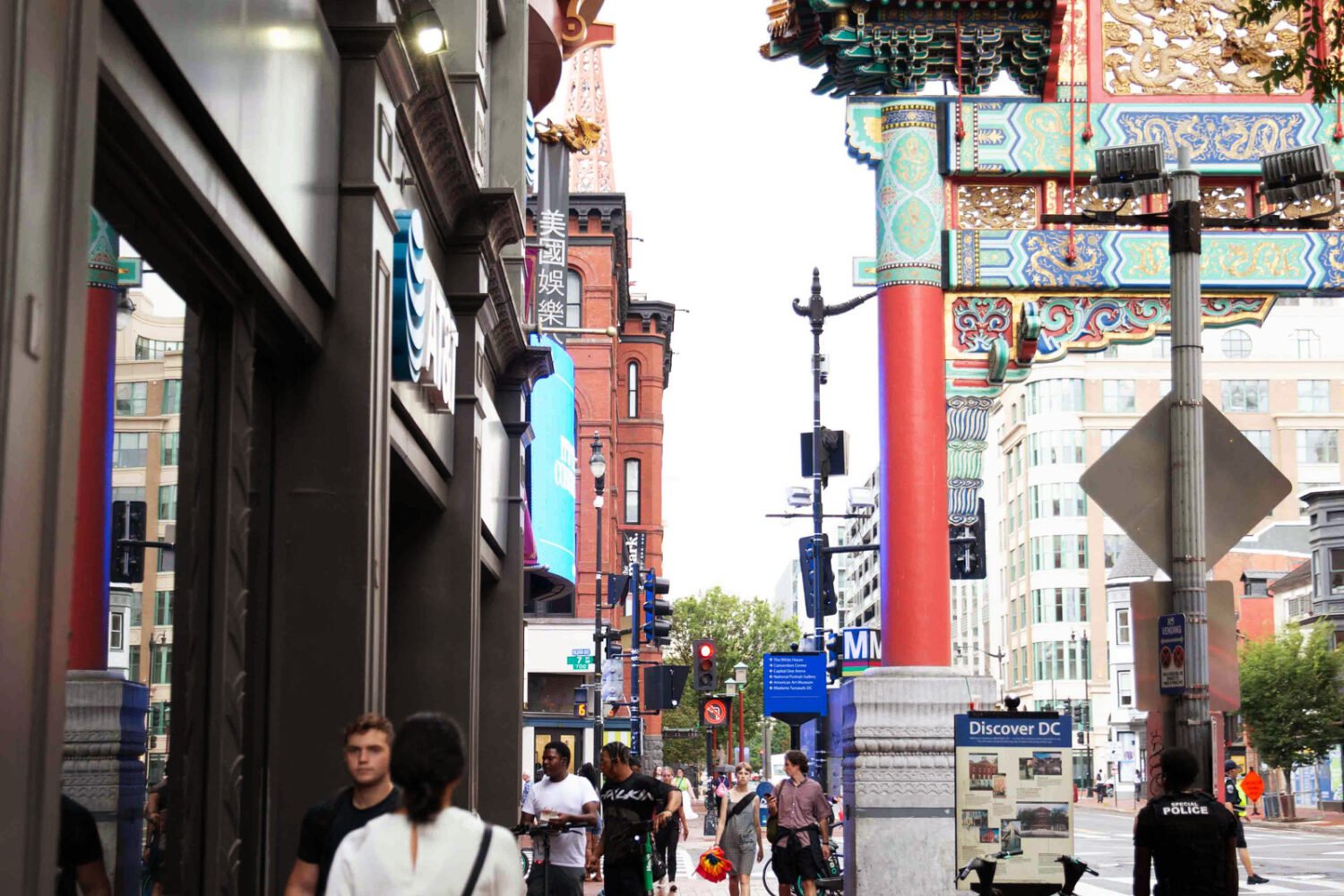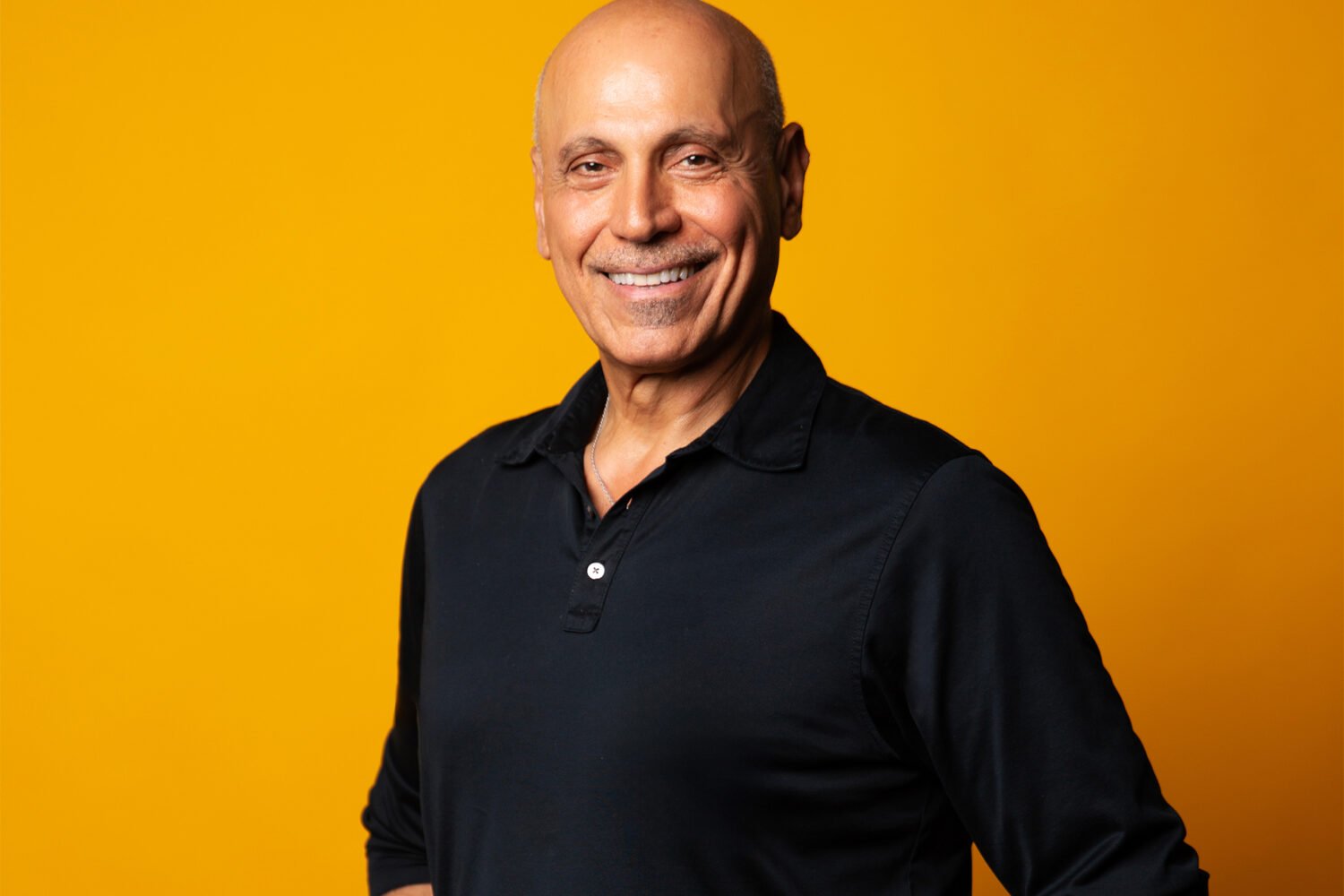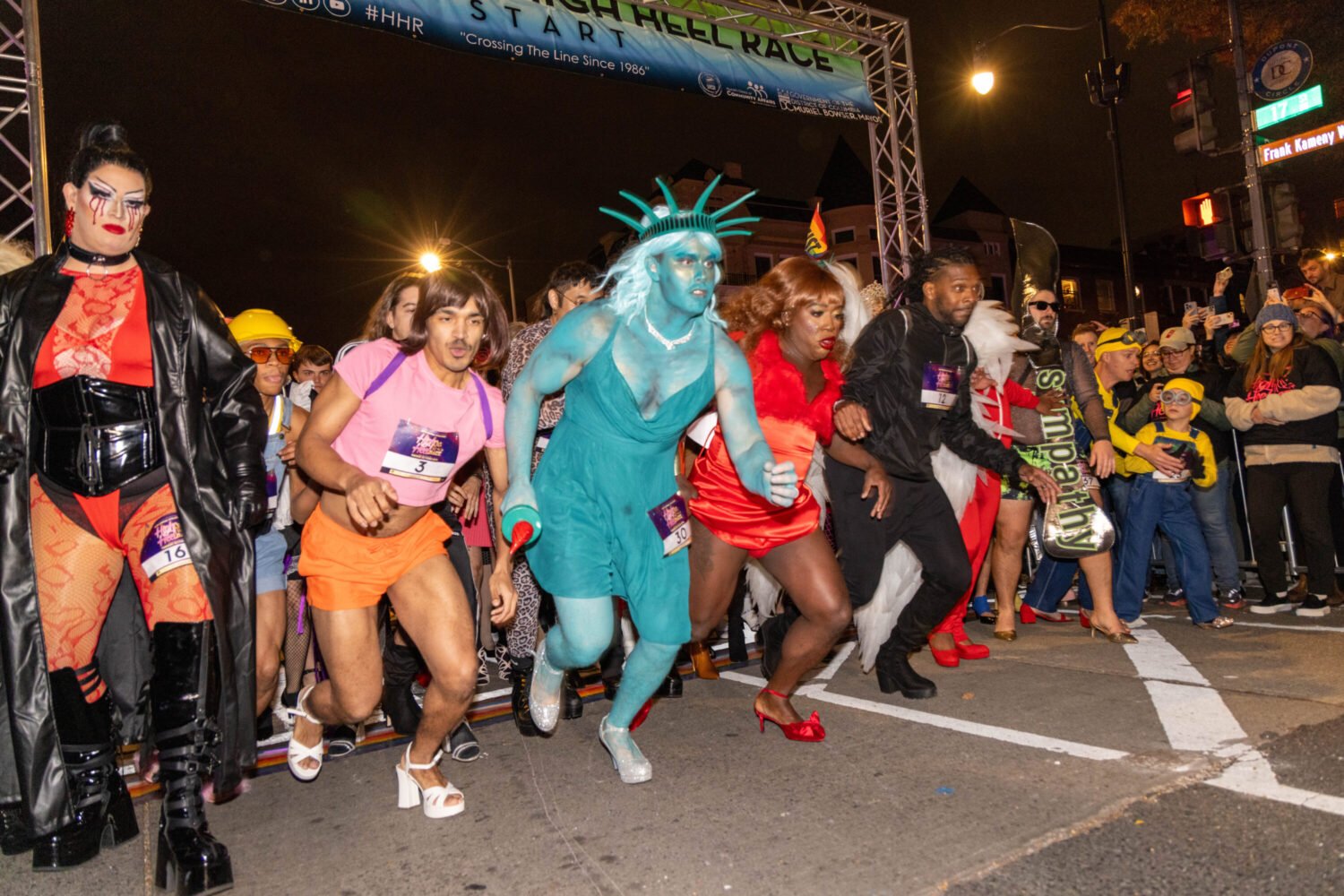Barack Obama has many qualities, but humility doesn’t appear to
be one of them. During his first term, he often came across as cocky or
crotchety about getting his way. Even when he signaled a willingness to
meet his opponents halfway, he could seem peevish. After he won
reelection, he seemed to take his victory as a personal vindication, not
as a chance to come together.
If Obama has appeared self-involved, he’s hardly exceptional
for his time. He grew up in the 1970s, the so-called Me Decade that
produced parents and teachers who—like the mythical but all too real
residents of Garrison Keillor’s Lake Wobegon—believed that all children
were above average. (Surveys show that American students lag behind those
of many nations at math and science but rank number one in self-esteem.)
Any honest accounting of modern popular culture must conclude that
old-time virtues of humility and self-effacement have been eclipsed by the
cult of celebrity, by personal “branding” and showing off on
Facebook.
Obama may have to change his tone in the years ahead. If
history is a guide, he could be truly humbled by the curse that has
afflicted all two-term Presidents back to Dwight Eisenhower, more than a
half century ago.
In theory, a second-term President is free to be bold, to rise
above partisanship. He doesn’t have to worry about reelection, only about
his place in history. He can, it is hoped, do the Right Thing. In
practice, second terms have run the gamut from disappointment to disaster:
After Lyndon Johnson, Richard Nixon, Ronald Reagan, Bill Clinton, and
George W. Bush were reelected, they all were dogged by failed policies
and/or personal scandal.
If Obama wishes to avoid such a fate, he might take a page from
Eisenhower. By showing modesty and restraint, by keeping his ego in check
and working behind the scenes, Ike was able to accomplish a great
deal—keeping the peace, securing a strong economy, advancing civil
rights—even if he didn’t get much credit for his achievements at the
time.
True, Ike didn’t exactly glory in his second term. His approval
rating, which had floated around 70 percent, dropped close to 50 percent
in 1958, some 18 months after his landslide reelection. The Soviet Union
launched the first satellite, Sputnik, in October 1957, and
Americans were shocked and frightened that the Kremlin might now have
rockets powerful enough to rain down nuclear bombs from space. Eisenhower
was under tremendous political pressure to do something—to spend more on
rockets and missiles and to stand up to Communist aggression wherever it
occurred around the world.
Through it all, Ike kept his cool. Even though he was mocked in
the press for playing golf while the West seemed to be falling behind in
the arms race, he refused to respond to the hysteria. As he had all along,
he avoided small wars that could lead to big ones, instead bluffing his
way through standoffs against the Communists in Berlin and off the Chinese
coast. And while he spent more on advanced weapons systems such as the
Navy’s Polaris submarine, he knew that the Soviet missile capacity was
hyped, and he actually reduced defense spending over his eight years in
office.
Eisenhower was a balanced-budget man—he believed that long-term
security came from not spending or taxing too much, and he was willing to
put the country through a brief recession in 1957-58 rather than succumb
to the temptations of inflation that later seduced Johnson and Nixon in
their second terms.
Eisenhower’s legacy: a time of peace and prosperity. If the
1950s now seem a little boring, it’s partly because Ike made them
so.
Among Eisenhower’s greatest virtues were patience and
self-discipline. Of course, he had a huge ego—he couldn’t have become
Supreme Allied Commander in World War II without a healthy self-regard.
But as he once said, he succeeded by hiding his ambition and his
intelligence.
Ike could be vain: He used a sunlamp to stay “ruddy” in winter
and dressed impeccably, usually in suits he received for free from
admirers. He designed his own uniform, including the short-waisted
Eisenhower jacket, for reasons that reveal his canny self-deprecation. He
didn’t want to give the false impression that he was a warrior on the
front lines and was almost never photographed wearing a helmet or combat
gear in World War II. On the other hand, he knew that the smart jacket
showed off his athletic build. Unlike conspicuously medaled modern
generals, he wore few decorations—but then again, he didn’t need
to.
Ike is remembered for mangling his syntax at press conferences.
Forgotten is the fact that he had these briefings more often than any
other President: about every other week. He could play dumb when he needed
to. During a crisis with Red China in 1955, his advisers warned him to be
very careful about what he said to the reporters. “Oh, don’t worry,” the
President said. “I’ll just confuse them.” His private memos, it should be
noted, were always clear and to the point.
Eisenhower was endlessly patient. He never decided anything
before he had to, and he rarely telegraphed a decision. He was human, of
course, and his temper could flare. He tried to use golf to relax, with
mixed success. In April 1959, during the debate over whether the US would
fly the U-2 spy plane over Russia, Eisenhower threw a golf club at his
doctor, Howard Snyder, when Snyder tried to cheer the President on after
he muffed a shot out of a bunker. But Ike’s eruptions always passed and he
never bullied anyone. His tantrums were hidden from the public, who saw
only the genial, smiling President.
Eisenhower liked to retreat from time to time, to paint, read,
or watch westerns. (An admirer of the strong and silent type, he watched
and rewatched Gary Cooper in High Noon.) But whenever he faced a
difficult problem, he made sure to hear out all sides at formal and
informal meetings. He didn’t hesitate to jump into the debate, though
advisers sometimes couldn’t be sure when he was playing devil’s
advocate.
Operating in an age before cable TV and Twitter, Ike was able
to float above politics. He didn’t have to raise money to campaign; in
fact, he barely had to campaign for reelection in 1956. Congress wasn’t
quite as partisan in the 1950s—politics, it was often said during the Cold
War, stopped at the water’s edge—but Eisenhower did have to deal with an
obstreperous right wing in his own party. Today’s Tea Party may be
annoying, but it’s docile compared with the Red-baiting senator Joe
McCarthy, who intimidated liberals and moderates with his often baseless
but widely publicized allegations.
After Senate majority leader Robert Taft, Republican of Ohio,
exploded at the President in a meeting of legislative leaders during Ike’s
first spring in office, accusing him of wanting to spend too much on
government, Eisenhower took Taft golfing. The two were soon, if not
exactly friends, good working partners.
Barack Obama did once play golf with House speaker John
Boehner, in the summer of 2011, but the two hardly developed a friendly or
even a working relationship. The following summer, when it was reported
that Obama had played golf more than a hundred times as President, one
lawmaker at a session of the Democratic Senate caucus asked fellow
senators, “Any of you play golf with the President?” No one raised a
hand.
Obama is never going to be a gladhanding golf buddy. It’s not
his style. But Eisenhower, who didn’t like to be touched, wasn’t exactly a
backslapper, either. Rather, he was able to convey a genial, open
humility, a kind of guilelessness. Yes, it was partly an act—Eisenhower,
Richard Nixon once said, “was a more complex and devious man than most
people realize”—but all good actors become comfortable in their role over
time. Part of the job of President is to set a style, to project a way of
being. Eisenhower was confident but never self-important. Rather, he had
the confidence to be humble.
For years, Eisenhower’s reputation languished. He was seen as a
caretaker President, a dull, golf-playing, grandfatherly figure—an image
that the followers of John F. Kennedy effectively fostered to cast Ike as
a foil to the vigorous, young JFK. Scholars have long known better—in the
early 1980s, Fred Greenstein of Princeton described Ike’s “hidden hand”
governance—but only lately has the wider public begun to reevaluate Ike’s
legacy, through a number of biographies (including one I wrote) and partly
because Ike’s moderate, good-government Republicanism stands in stark
contrast to our current hyper-partisanship.
Eisenhower, typically, was offhand about his place in history.
Asked how he wanted to be memorialized, he answered: “Just don’t let them
put me on a horse.”
Evan Thomas’s latest book is Ike’s Bluff: President Eisenhower’s Secret Battle to Save the World.
This article appears in the February 2013 issue of The Washingtonian.

